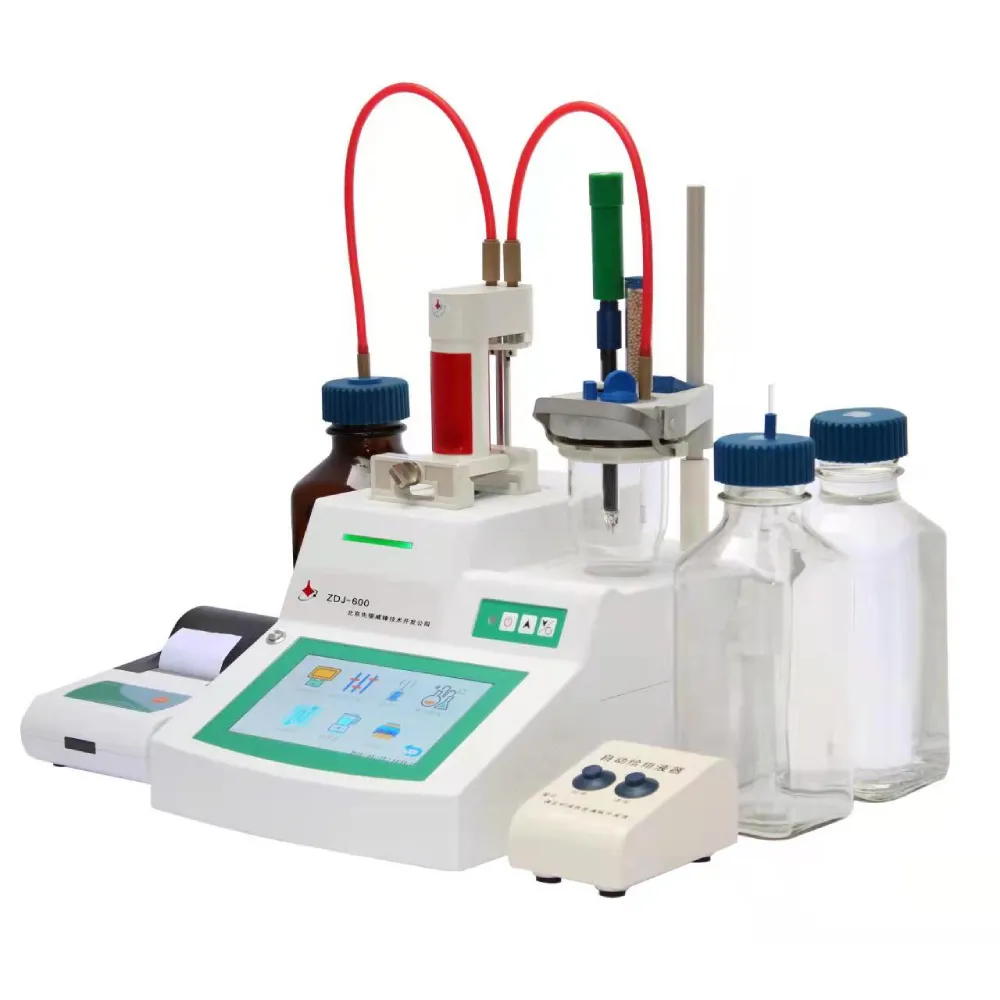 English
English


Comprehensive Guide to Choosing the Best Refrigeration Oil Test Kit for Your Needs
The Importance of Refrigeration Oil Test Kits in HVAC Systems
Refrigeration systems are a vital component of modern HVAC technology, ensuring that environments are kept cool and controlled, from household refrigerators to large commercial chillers. One often overlooked yet essential aspect of maintaining these systems is the monitoring of refrigeration oil. Proper lubrication is critical for the efficiency and longevity of the compressor, which is the heart of any refrigeration system. This is where refrigeration oil test kits come into play, offering a straightforward solution for maintaining the health of your refrigeration systems.
Understanding Refrigeration Oil
Refrigeration oil plays a pivotal role in a refrigeration cycle. It lubricates the compressor, minimizes frictional wear, and helps maintain the efficiency of the entire system. Over time, however, oil can become contaminated with moisture, acids, and other impurities, leading to reduced performance and potential equipment failure. Regular testing of refrigeration oil is crucial in detecting these impurities before they cause significant damage.
The Role of Refrigeration Oil Test Kits
Refrigeration oil test kits are designed to analyze lubricant quality quickly and efficiently. These kits can detect changes in oil conditions, such as acidity, moisture content, and the presence of metallic wear particles, providing valuable insights into the state of the compressor and the entire refrigerant system. By utilizing these kits, technicians can make informed decisions on whether the oil needs to be replaced or if the system requires further maintenance.
Key Components of a Refrigeration Oil Test Kit
A typical refrigeration oil test kit includes various tools to facilitate comprehensive analysis. Common components may include
2. Acidity Test Strip This allows technicians to measure the acidity of the oil, which increases with the breakdown of the lubricant, indicating potential issues.
refrigeration oil test kit

3. Wear Particle Analysis Tools These may include magnet tests or specialized filters that help in identifying metal particles that can signal wear and tear inside the compressor.
4. Spectroscopic Analysis Instruments Advanced kits may feature spectroscopy capabilities, providing precise chemical composition analysis of the oil.
Benefits of Regular Testing
Utilizing refrigeration oil test kits offers numerous benefits for HVAC systems. Regular testing helps to
- Extend Equipment Life By identifying potential problems early, maintenance can be performed promptly, reducing the risk of catastrophic failures and extending the life of the compressor and the overall system.
- Enhance Efficiency Clean, uncontaminated oil leads to efficient compressor operation, lowering energy consumption and operational costs.
- Prevent Breakdowns Regular monitoring means issues can be addressed before they escalate into significant breakdowns, reducing downtime and costly repairs.
- Ensure Compliance For commercial operations, adhering to safety and environmental regulations is crucial. Regular oil testing can help maintain compliance by ensuring that operational standards are met.
Conclusion
In conclusion, refrigeration oil test kits are indispensable tools in the maintenance of refrigeration and HVAC systems. By providing critical information about the condition of the lubricant, these kits empower technicians to make timely interventions, thus ensuring operational efficiency, reducing costs, and prolonging the life of the equipment. As the importance of energy-efficient and reliable refrigeration systems continues to grow, investing in quality test kits should be a fundamental part of any maintenance regime. For both residential and commercial applications, a proactive approach to refrigeration oil monitoring will ultimately pay off in performance and peace of mind.
-
Differences between open cup flash point tester and closed cup flash point testerNewsOct.31,2024
-
The Reliable Load Tap ChangerNewsOct.23,2024
-
The Essential Guide to Hipot TestersNewsOct.23,2024
-
The Digital Insulation TesterNewsOct.23,2024
-
The Best Earth Loop Impedance Tester for SaleNewsOct.23,2024
-
Tan Delta Tester--The Essential Tool for Electrical Insulation TestingNewsOct.23,2024





